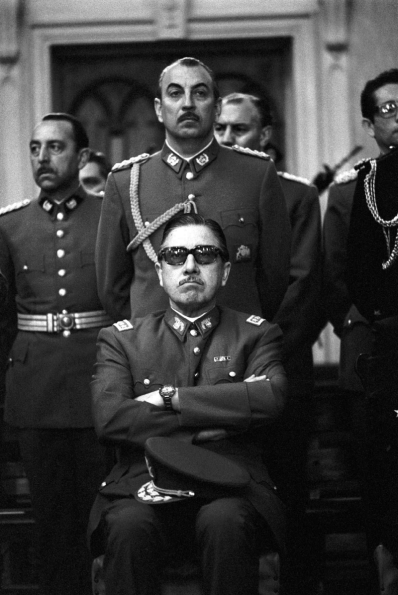
This course is designed to introduce the recent research on authoritarian politics and provide students with tools to analyse the modern-world autocracies. Throughout the course we will examine recent definitions of autocratic regimes, explore how dictatorships differ from one another, how they start and how different ways of autocratic regimes initiation and initial balance of power between dictator and his allies impacts further regime trajectory – whether the dictator consolidates power over the elites and establishes one-man rule (e.g., temporary Putin’s Russia or North Korea under Kim’s dynasty) or elites remain capable of constraining the dictator and collegial decision-making remains (e.g., post-Stalin USSR, post-Mao China). Further, we will examine the strategies – the “sticks” (repression) and “carrots” (co-optation) - dictators use to establish and keep control over society and their closest allies.
In this part of the course, we will delve into research examining most intriguing questions in authoritarian politics: Why do autocrats create parties, legislature and allow elections? And most importantly: How does creation of these institutions impact the prospects of regime survival and individual leaders stay in office?
After investigating inter-regime institutional variation and domestic power dynamics in autocracies, the course will focus on the outcomes (the threats and paradoxes) of authoritarian rule. First, we will explore the impact of authoritarian institutions on significant economic growth variation between different dictatorial regimes. Second, we will examine how domestic institutions and personal incentives shape autocrats’ decision to initiate international conflicts more frequently compared to their democratic counterparts and discuss the features of autocratic regimes and leaders that make some autocracies pursue more aggressive foreign policies compared to others. The course proceeds with the discussion of tools international coalition of liberal democracies can use to alter autocrats’ behavior (economic sanctions, conditional foreign aid, foreign intervention). Finally, we will examine the most common ways of autocratic collapse and conditions which facilitate and precipitate democratic transition.
- Викладач: Аліна Соколенко
